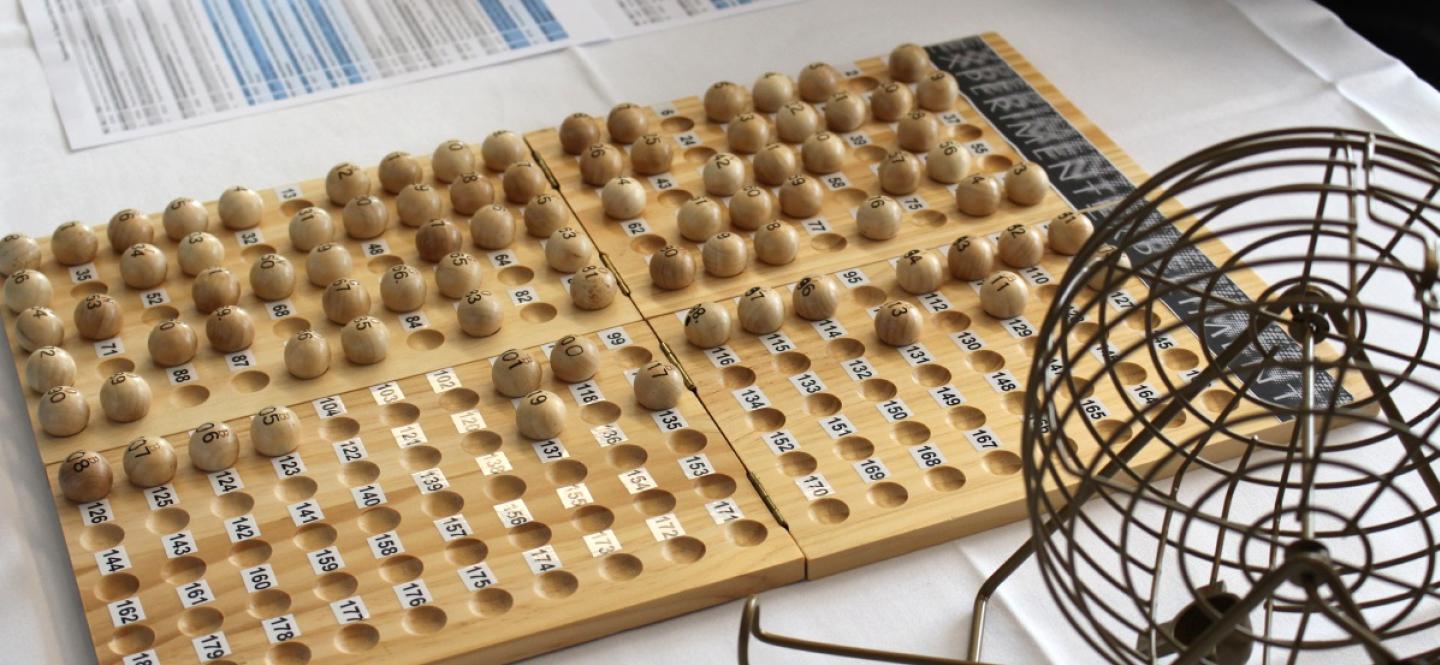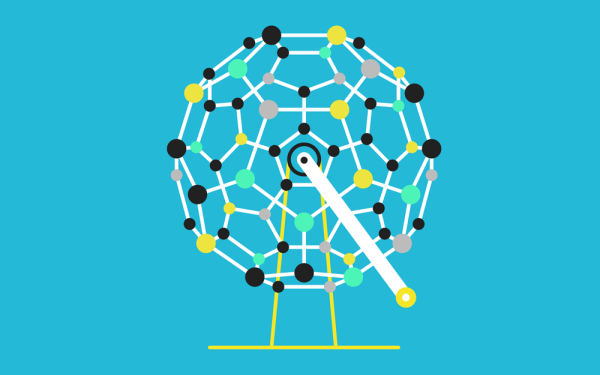Originality and quality through partially randomised methods? Accompanying scientific research on the "Experiment!" funding initiative

VolkswagenStiftung
Accompanying scientific research on the Volkswagen Foundation’s "Experiment!" funding initiative. Information about the state of affairs in June 2021.
The Volkswagen Foundation’s "Experiment!" funding initiative is breaking new ground in two respects. First, its aim is “to facilitate original research with a willingness to take risks and to promote new topics and methods”. Second, the Volkswagen Foundation has opted to employ an ambitious selection process: from 2017, a partially randomised method will be used in addition to the jury decisions.
From spring 2018, this funding initiative will be accompanied by a research project that begins a new chapter. Research in the field of science and technology studies shows that there is by no means a common understanding of "risky" and "original" research in science, either within the increasingly differentiated disciplines or in interdisciplinary research contexts. Little is known so far on the effects of partially randomised methods, due also to a lack of practical experience in research funding. This is the point of departure for this accompanying scientific research: it asks whether two procedures – the jury decision procedure and lottery procedure – can be used to achieve the funding goals of identifying groundbreaking research ideas; additionally, it asks what can be learned from comparing the two procedures. The accompanying research offers an opportunity to gain important insights into the reliability of partially randomised methods, their effects and their future use in the scientific system. At the same time, the aim is to find out how new, risky and original research is understood by the funded projects themselves and by external juries and, additionally, to identify the effects of the funding line within the science.
In methodological terms, the triangulation of document analyses and of qualitative and quantitative methods has proven itself. An online survey of completed projects from the grant rounds from 2013 to 2016 is planned, a survey of future grant rounds will follow. The interviews with the project participants who received funding will form the core of this accompanying scientific research. The scientists will be asked about their understandings of new high-risk research, how they assess the framework conditions of the "Experiment!" funding initiative in this respect, what goals they have achieved and what ones they did not achieve, and whether their project results have come to prominence in the scientific communities and beyond. In addition, we plan to interview the responsible actors from the Volkswagen Foundation and to hold discussions with representatives of other research funding organisations (German Research Foundation (DFG), other foundations, the Federal Ministry of Education and Research (BMBF)), the German Science Council and overseas funding institutions that use lottery procedures. The interim findings and the results of our research will be discussed with representatives of science research, science policy and research funding in a workshop and international conference.
Running time: 2018–2022
Dr. Martina Röbbecke / Dr. Dagmar Simon; EVACONSULT GbR (September 2018)

